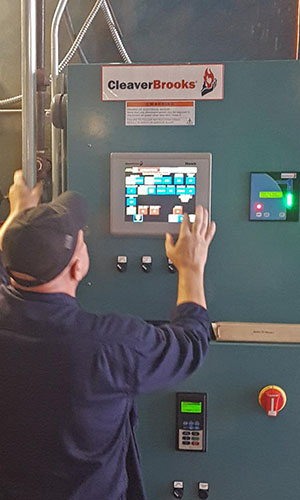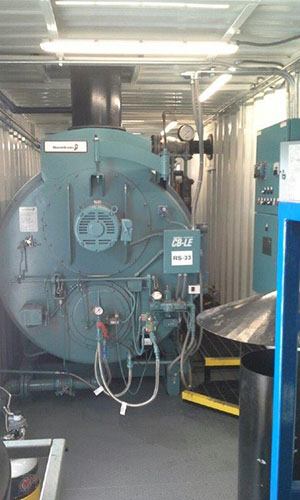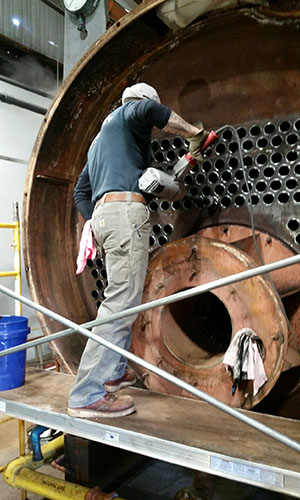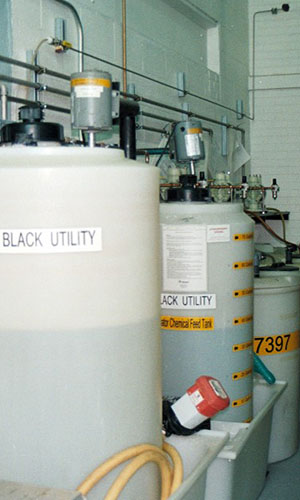Restore Boiler Efficiency by Replacing the Burner
May 2014
Most of the time, boiler systems in operation for 20 years or more are only 60- to 70-percent efficient, which wastes unnecessary energy and money every day. After about 20 years of service, a typical burner loses its effectiveness. Linkage joints, cams and other moving parts wear out, and the burner’s ability to keep tight control on the fuel-air ratio becomes degraded.





